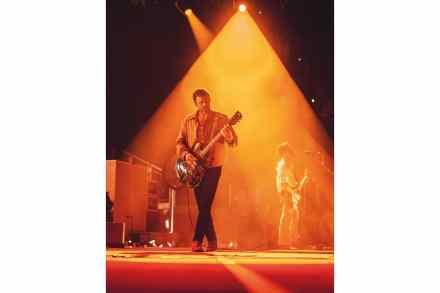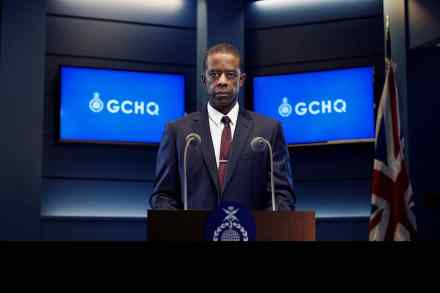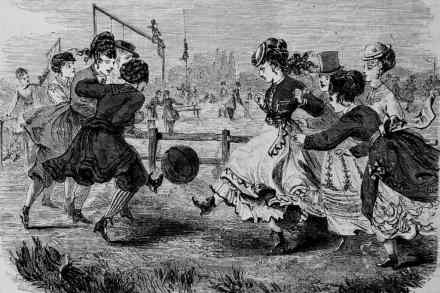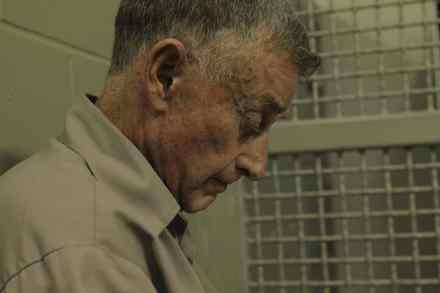Only traces of their eerie early spirit remain: Kings of Leon, at OVO Hydro, reviewed
PopA few years ago, I spoke to Mick Jagger and asked him which of the (relatively) new crop of rock groups he rated. It was a short list, I recall, and not hugely inspiring, but Kings of Leon made the cut. ‘They have a kind of Texas weirdness that you don’t find in a lot






























